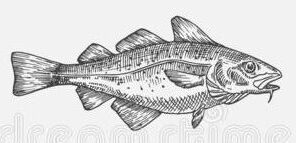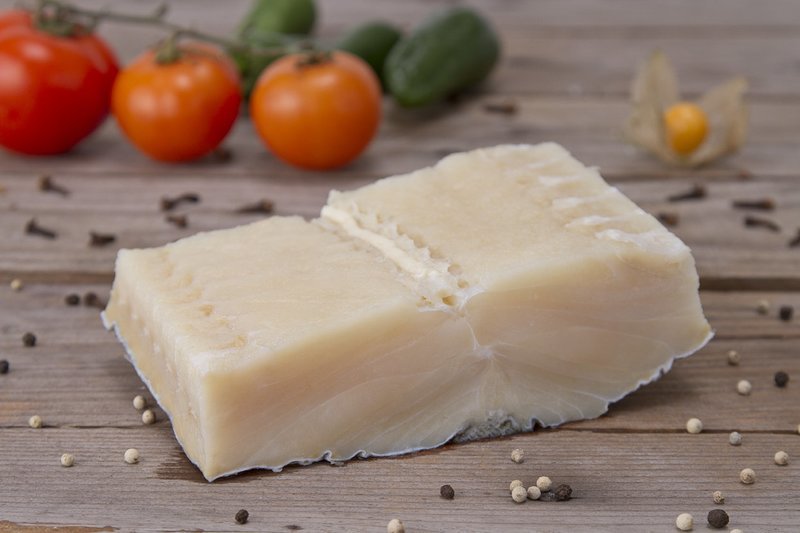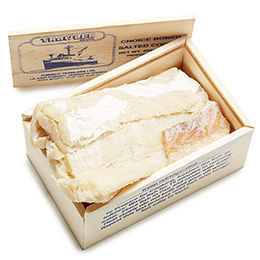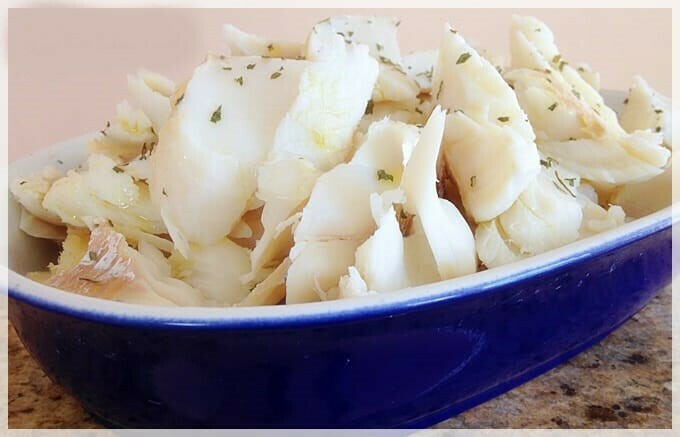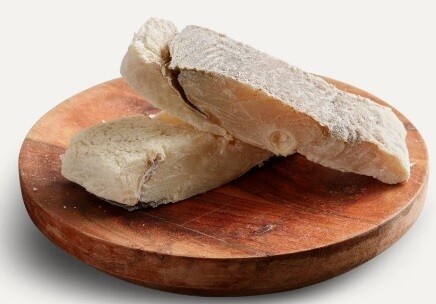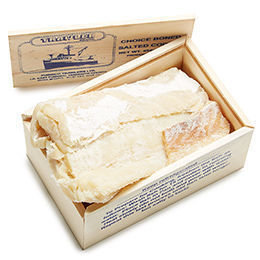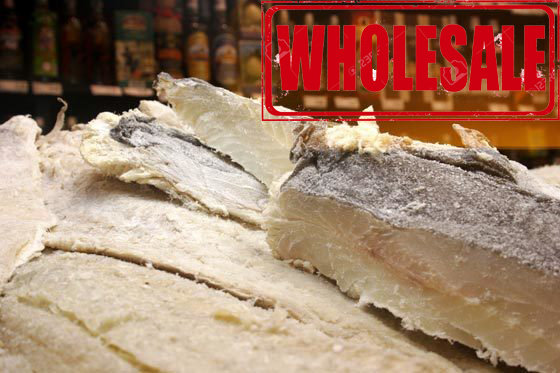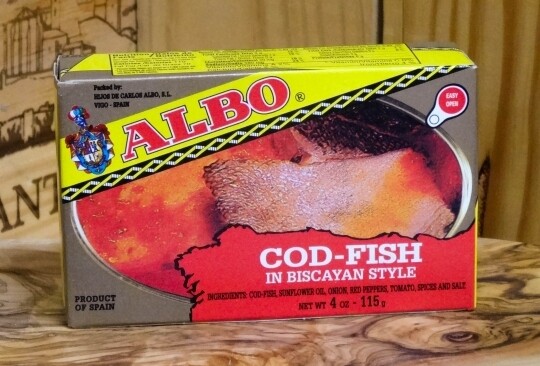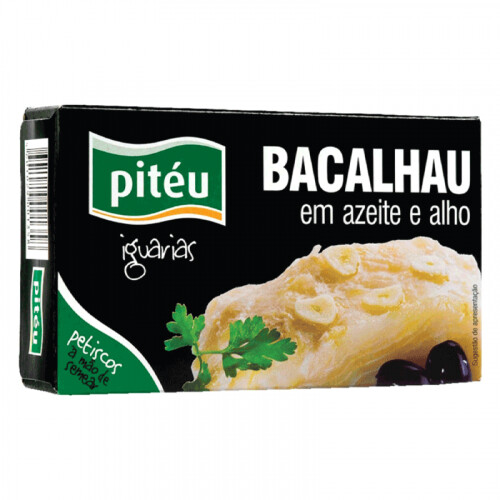Rehydrating and Desalting
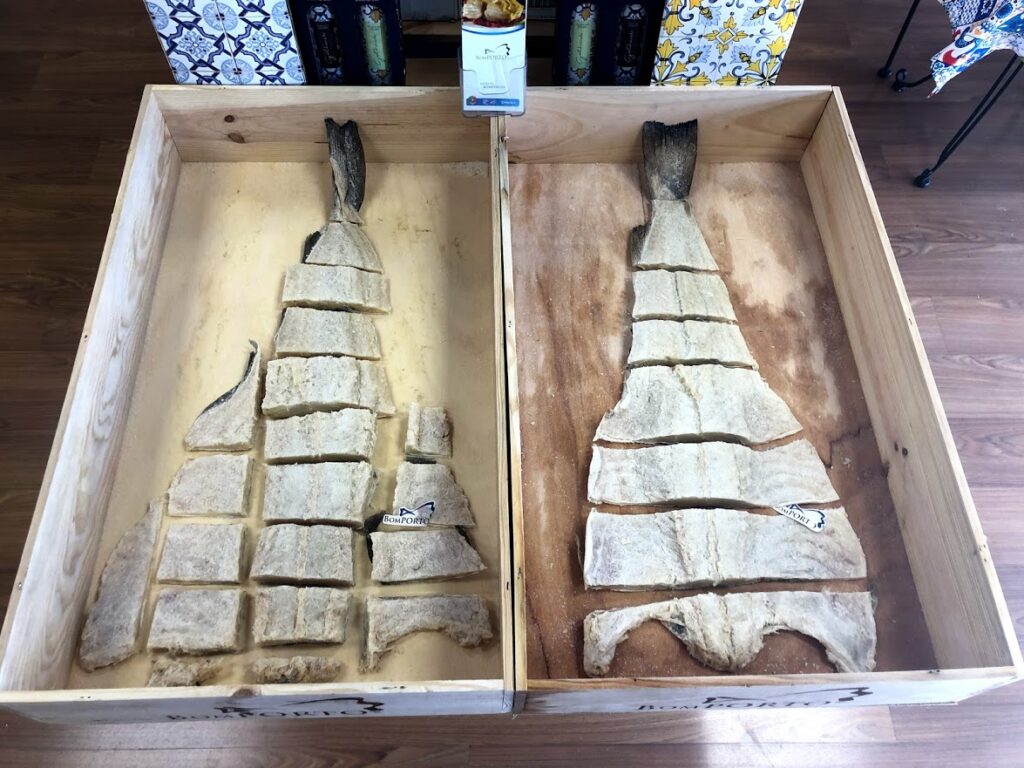
Before consumption, salted fish products must be desalted. The length of the desalting process depends on the thickness of the fish and on how long it has been cured. It may take as long as 3 days for the thickest pieces. For the boneless skinless pieces or product typically only 1 day of desalting is necessary.
To achieve the best result we have provided these simple guidelines for the desalting process.
1. Take the precut portion of codfish and rinse excessive salt under the tap.
2. Place the fish in a large bowl of water covering the fish. The bowl of fish should be kept in cool conditions, during the whole process.
3. Change the water once a day.
4. Some of the thinner cuts of the fish are ready to be cooked
after 2 days. For the thickest cuts we recommend 3 days. After this process either cook or you may freeze for future use / ready to cook.
Before ending the desalting process you may break off a small piece and chew to get a sense of the salt level and decide to continue the process until the fish is to your salt preference.
EMERGENCY DESALT- If you find the fish is still too salty right before you are about to cook or serve it, you can do another par boil in milk which may accelerate the removal of the salt at the last minute and also tenderize it a bit (if you desire that).
Common Question about the appearance of the fish before this process –
Is dark or yellowish color bacalhau mean good, bad, old?
Most people do prefer the appearance of salted cod with a
lighter / whiter coloration. But for that to occur it means that
the codfish gets a lesser cure. Proper curing involves a heavy
salting process, plus good drying process. These two steps
give the fish a light yellow coloration and a unique flavor.
The images below show a loin that is not as light in color or attractive as some may want. However, you can see the progression as we soaked it – the color was restored to its natural state, the blemish disappeared and an elegant meal was made.
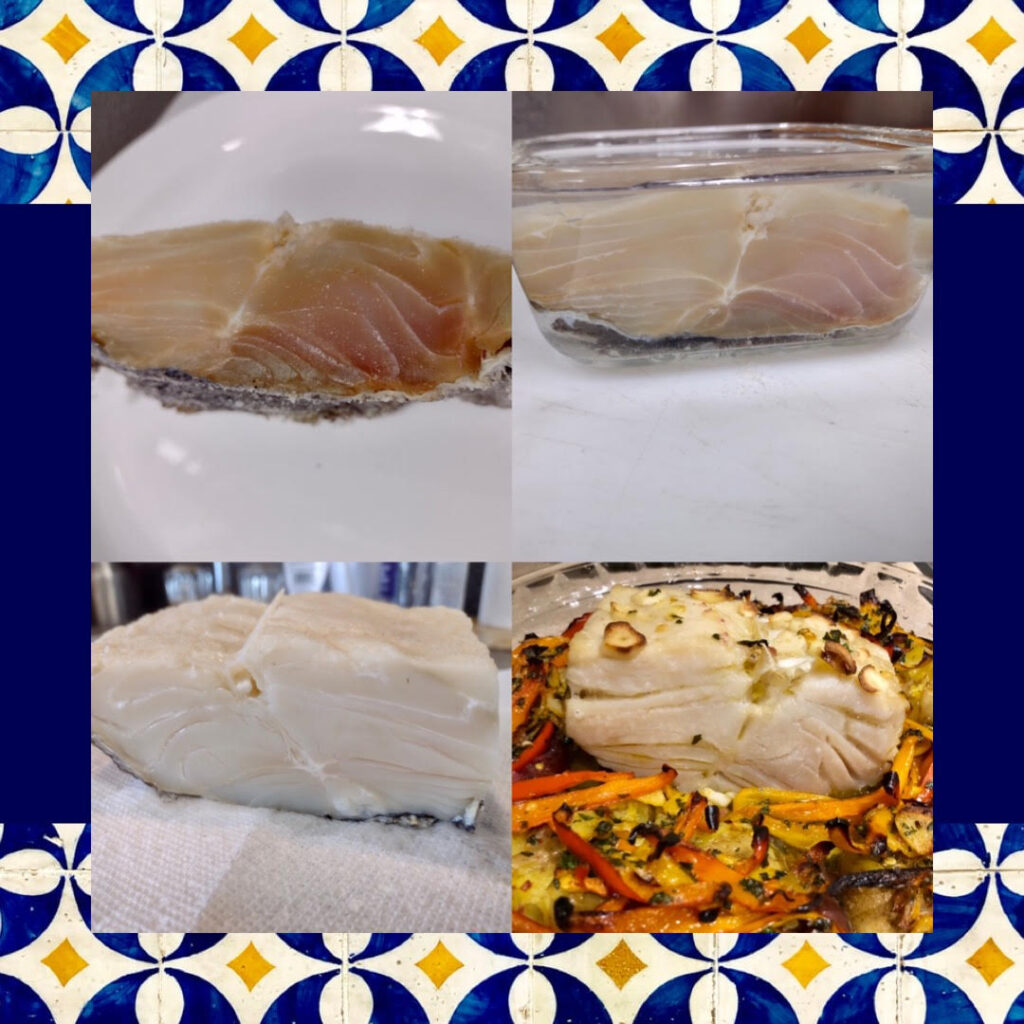
Salt Cod
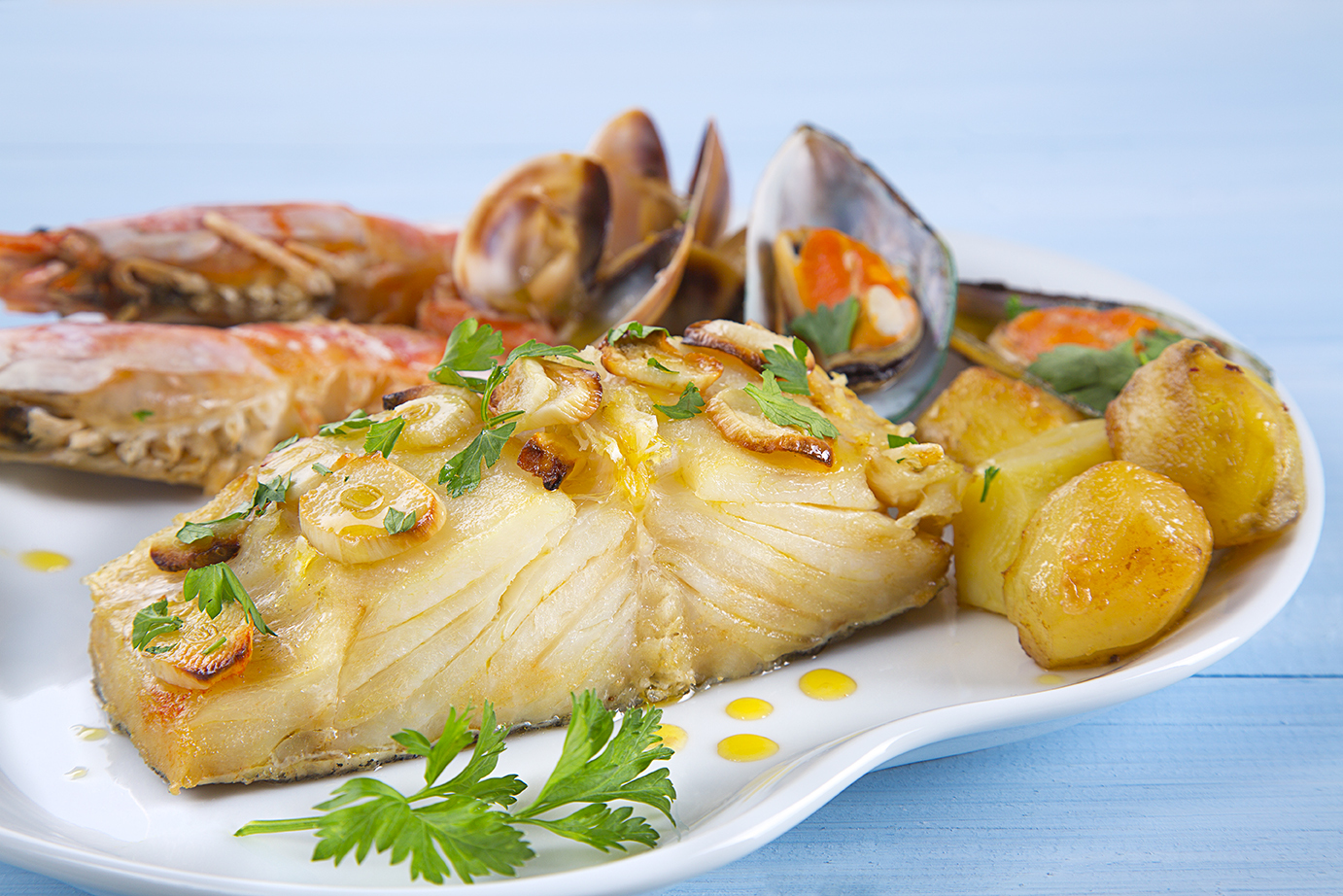 |
This item developed and consumed since the time of long ocean crossings. Portuguese mariners and explorers were sustained by salted cod which provided preserved sustenance on the long sea trips around the world. It is now a delicacy and popular throughout the world from Europe to Central and South America and the Caribbean.
There are thousands of recipes for preparing this salted delicacy from boiled, to grilled, baked, and fried.
Visit our web site and read our “I Love Bacalhau” newsletter for explanations, tips and recipes for Bacalhau.
Sign up for our newsletter here. |
